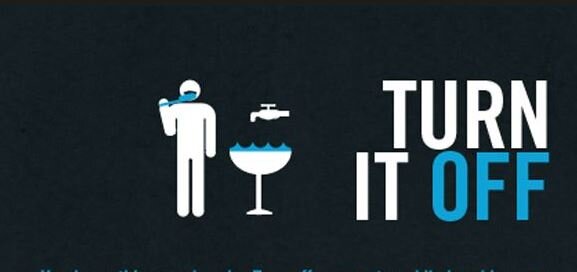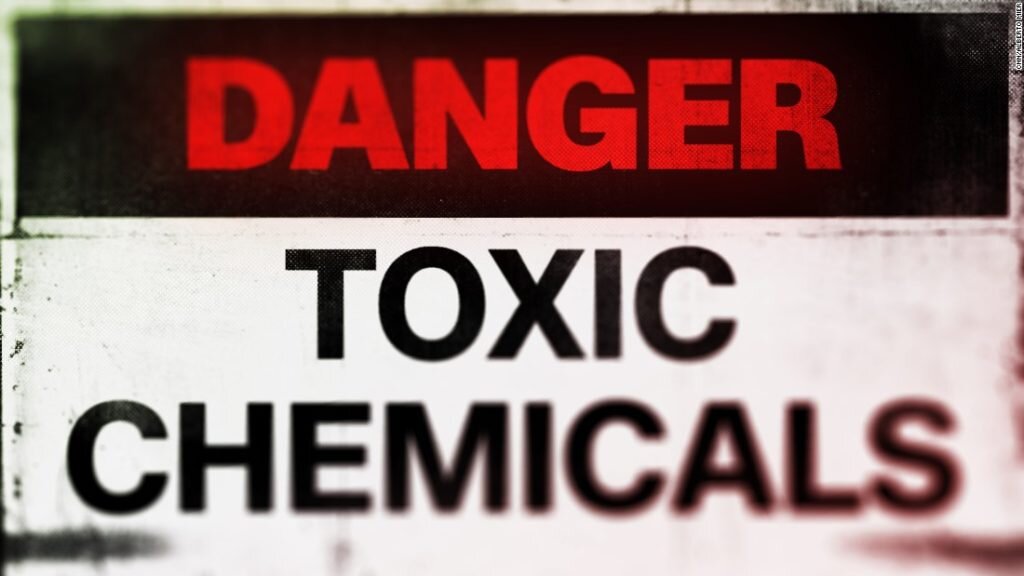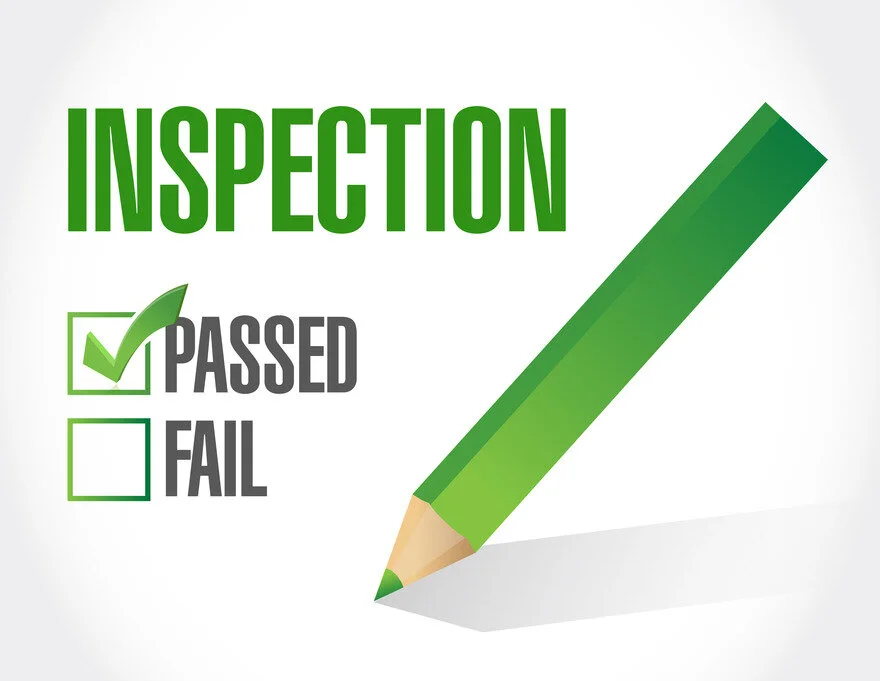The Grass is Always Greener Over the Septic Tank. Should it be?
BUT SHOULD IT BE?
Significantly greener grass over the septic tank & drain field is actually a sign that your septic system is beginning to fail.
HOW DOES A SEPTIC SYSTEM WORK?
Septic systems are underground wastewater treatment structures, mostly used in rural areas without centralized sewer systems. Wastewater from household plumbing, produced by bathrooms, kitchen drains & laundry is treated using a combination of nature and proven technology.
The septic tank separates float-able matter (oil & grease) and solids from the wastewater. The liquid (known as effluent) is discharged from the septic tank into a series of perforated pipes buried in a drain field, chambers or other units designed to slowly release the effluent into the soil.
Some systems use pumps or gravity to help septic tank effluent trickle through sand, organic matter, constructed wetlands or other media to remove or neutralize pollutants like disease-causing pathogens, nitrogen, phosphorus, & other contaminants.
SPECIFICALLY, THIS IS HOW YOUR SEPTIC SYSTEM WORKS
Water runs out of your home from one main drainage pipe into a septic tank
The buried septic tank holds the wastewater long enough to allow solids to settle at the bottom forming sludge, while oil & grease floats to the top as scum (compartments & a t-shaped outlet prevent the sludge & scum from leaving the tank & traveling into the drain field)
The liquid wastewater (effluent) then exits the tank into the drain field
Pre-treated wastewater is discharged through piping that allow wastewater to filter through the soil. The soil accepts, treats & disperses wastewater as it percolates through the soil, ultimately ending up as groundwater
SIGNS YOUR SEPTIC SYSTEM IS FAILING
There is a rotten egg (or sulfur) smell coming from your septic tank
There’s puddles of standing (often smelly) water near the drain field or near where your septic tank is buried
Water is backing up when you run your washing machine or sewage has started backing up into your house through your toilets & drains
You hear gurgling sounds coming from your pipes (generally right after you flush the toilet or run the water)
Toilets, sinks, showers or other drains are draining slower than normal (while this could just be a clogged pipe, it could also be a sign that there’s a problem with your septic system)
The grass is getting significantly greener or growing much faster in one isolated area of your yard
HOW TO KEEP YOUR SEPTIC SYSTEM WORKING PROPERLY
If your home uses a septic system instead of a sewer connection, keep these tips in mind to help keep it in good working condition.
USE WATER EFFICIENTLY
Be mindful of the water that goes down your drains and toilets, as it all ends up in your septic system. The more efficient you are with your water, the less strain it puts on your septic system.
REPAIR RUNNING TOILETS & LEAKY FAUCETS
These issues can waste a lot more water than you might expect – and can put a lot of extra pressure on your system.
BE MINDFUL OF WHAT GOES INTO YOUR TOILET
Septic-safe toilet paper & human waste should be the only things flushed down your toilet. Even though some items claim they are “flushable” they will do more harm than good to your system.
LIMIT THE USE OF HEAVY-DUTY CLEANERS
Cleaning products with harsh chemicals can kill the good bacteria in your septic system, making it less effective at breaking down solid waste.
DON’T FLUSH OR POUR TOXIC CHEMICALS
Things like gasoline, paint, antifreeze, oil or other toxic chemicals can also kill good bacteria so keep these items out of your septic system.
MIND YOUR LANDSCAPING
Avoid root damage by planting trees at least 30 meters away from your system.
DON’T DISRUPT THE DRAIN FIELD
Never park a vehicle, plant a tree or build a structure over your septic system’s drain field. You should also make sure that downspouts are pointing away from your drain field to prevent excess water from flowing over top of it.
DITCH THE GARBAGE DISPOSAL
This will reduce the amount of grease, fats & solids that make their way into your septic system.
FOLLOW THE MAINTENANCE INSTRUCTIONS
Most household septic systems need to be inspected by a professional at least once every one to three years, but guidelines vary by tank & household size, so you’ll need to find out whats required in your situation.











